Keep it Real. Keep it Pithy.
I’m Sharmila; mom, immigrant, proud Sri Lankan, and experienced grant writer with a critical eye for how social dynamics and systems play out in our world.
This is a space for sharing reflections, advice, and resources about the nitty gritty of impactful grant writing and grant consulting — insights and stories from lessons learned, life lived, and mistakes made.
Blog content is created and curated for nonprofits, grant consultants, and aspiring grant writers.
Adventures in Grant Writing
Sort by Blog Category
Tips & How-To | Growing Grant Skills | Stories and Reflections | Resources & Tools
Working Smarter: Getting the Best ROI from Your Grant Consultant
Reality Check: Bringing on a grant writer can be a game changer—but it’s not a "set-it-and-forget-it” situation.
Let’s talk what it really takes to make working with a grant consultant successful and worth the investment.
Image Credits: Alex Azabache
Unawatuna Beach, Sri Lanka
Nonprofit Leaders—are you thinking about handing over those pesky grant applications to a consultant while clapping your hands together with a, “done and dusted... now I can move on to other things” sigh of relief?
Reality Check: Bringing on a grant writer can be a game changer—but it’s not a "set-it-and-forget-it” situation.
Let’s talk about what it really takes to make working with a grant consultant successful and worth the investment.
Consider these Two Scenarios:
NON-PROFIT A: You are an established mid-sized nonprofit and your in-house grant writer is taking a leave of absence for three months. You want a grant writing consultant to step in and take over.
NON-PROFIT B: You are the executive director and the only full-time staff person at a nonprofit. You wear all the hats. You have no time to be writing grants, and you want a grant writing consultant to take this job off your plate.
In both scenarios, as an in-house leader, you have strong understanding of how your organization and programs function. Some of it is written down, but the ins-and-outs of how things work might be carried in your head.
When you are working with a grant consultant, here are some practical realities to consider:
1. The Consultant Needs to Learn A Lot About Your Work—and Fast:
If the consultant is new, this person needs to develop a fairly in-depth understanding of the organization quickly. The consultant needs to understand your value-add and the uniqueness of your approach in order to represent you effectively in your grant applications.
Sharing past applications, communication materials, and program plans can definitely help a consultant get up to speed. But the real aha moments happen when nonprofit leaders are available to answer questions and offer context.
2. Provide an In-House Point Person for Ongoing Questions:
There are always a myriad of large and small decisions that need to be made while writing a grant; which program is best aligned for this pitch? How will the program be staffed next year? How do we spread out overhead costs in the budget? A consultant can advise you on making these decisions but cannot make these decisions alone; leaving a consultant without access to a decision maker leads to frustration for all parties.
3. Clarify your Expectations on the Process:
Make sure that the consultant has a clear process for drafting and review; is the consultant responsible for all components of the proposal from start to finish? Decide together who needs to review the narrative, budget and attachments, and who will submit. Ask questions so that there are no surprises about the level of effort you and your staff need to set aside to provide feedback and review.
4. Clarify the Deliverables:
Ensure your expectations are outlined in a scope of work in terms of number of hours, specific grants to be written, or if this is an as-needed and as-available arrangement between you and the consultant.
5. Plan out Your Submissions:
Plan out your grants calendar for your period of engagement. Consultants often work with multiple clients. Unlike an internal staff member, consultants cannot drop other priorities and clients when a new opportunity arises for you. While some consultants can and do accommodate last minute requests, many consultants have their schedule planned out at least a month or two in advance and cannot take on ad-hoc requests. If you need help planning, ask your consultant to help you create a grants calendar and a system for researching and tracking opportunities.
6. Funding Success is Largely Contingent on the Relationships You Build:
Grants are very competitive. You will increase your organization’s probability of funding success exponentially if your funders know and trust you. Your grant consultant can help you brainstorm and navigate these relationships and conversations which need to take place before you apply. A well-written and well-aligned proposal is the icing on the cake – but icing cannot stand by itself.
In the Real World:
Clients who treat the “getting-to-know-you” phase as essential—not a nuisance—tend to see the best results. They make time for regular check-ins, share updates and pivots, and help shape the strategy along the way. On the flip side, when a client expects to drop off a folder of documents and walk away, it usually doesn’t bode well—for the relationship or the final work product.
Let me be clear: grant consultants work independently. We don’t need to be in every meeting or cc’d on every email. But a collaborative partnership gives your grant writing investment the best chance to succeed. (And that’s assuming, of course, you’ve done your due diligence in hiring a grant writer who’s a good fit for your organization.)
Hiring a grant writer can absolutely lighten your load—but it’s not a hands-off arrangement. Consultants can advise, guide, and even do the bulk of the work. But a strong proposal still needs your input: your voice, your uniqueness, your direction. Collaboration is the secret sauce. Don’t check out—lean in.
Got Any Tips or Lessons Learned to Add? Join the Conversation. Comment Below.


